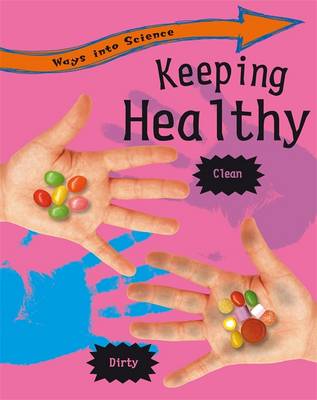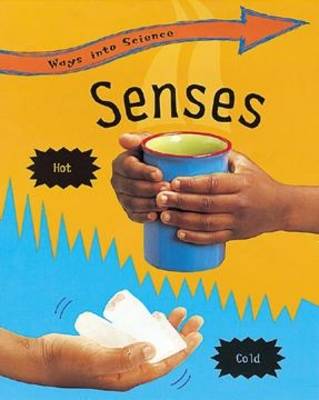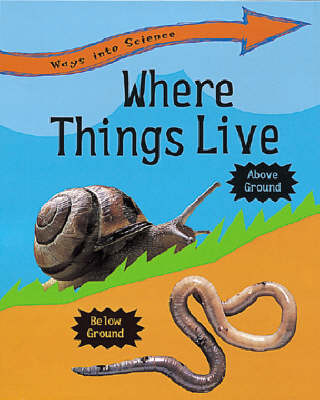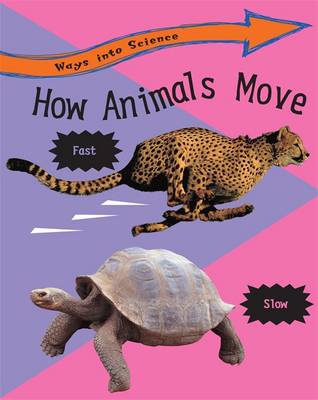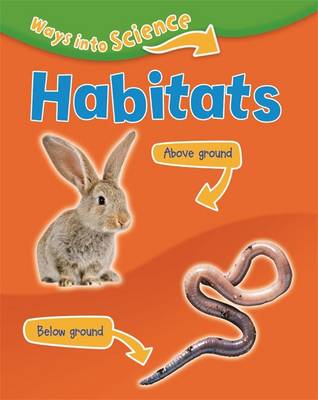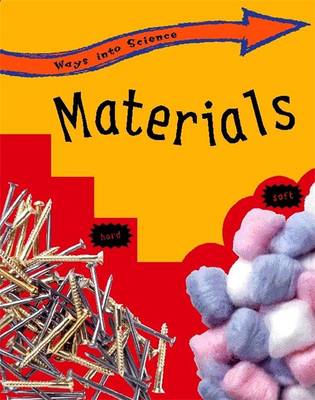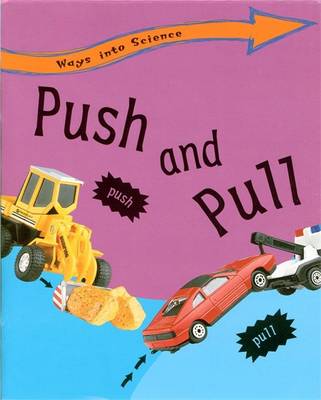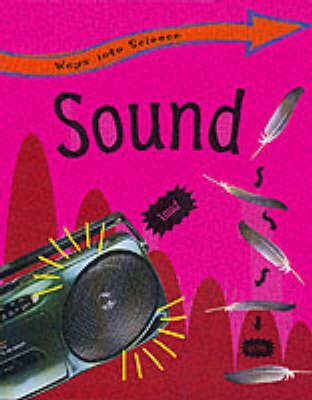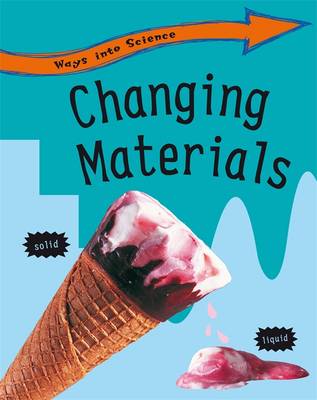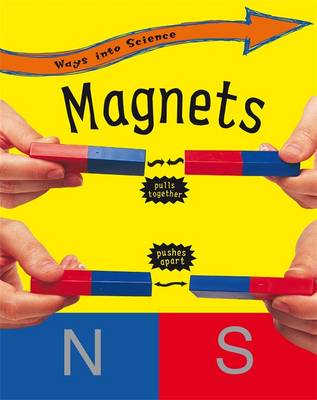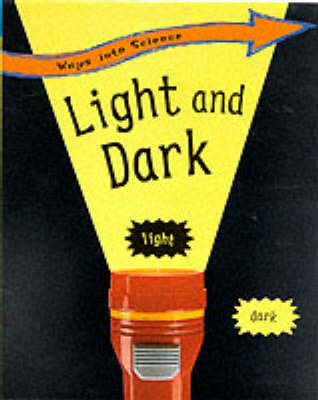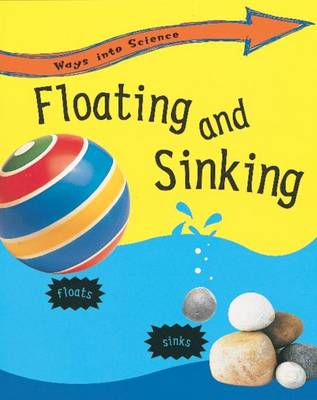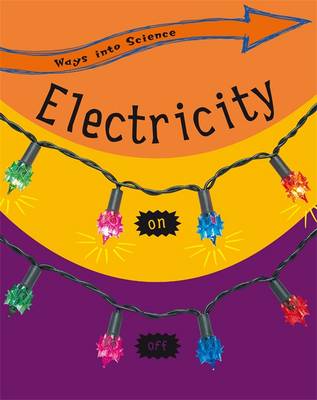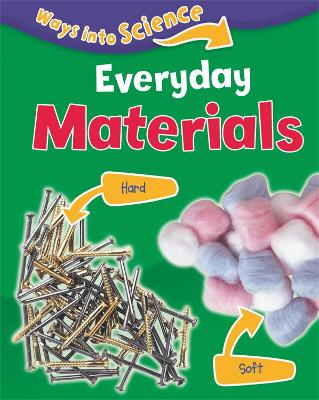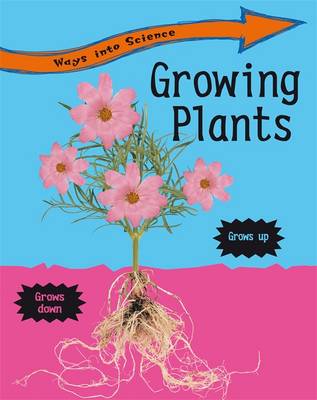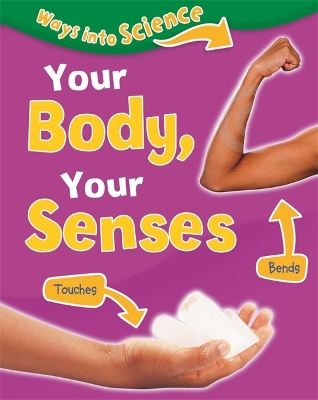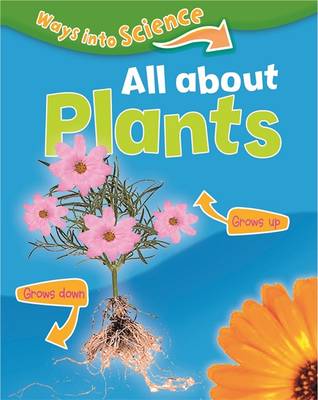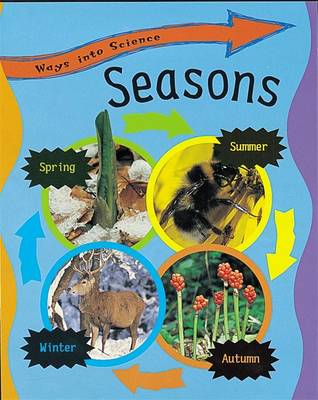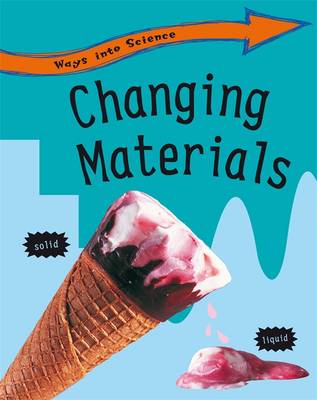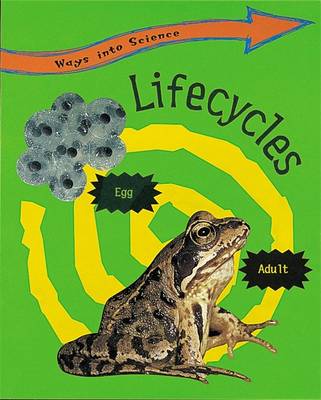Ways Into Science
27 total works
A first science series that introduces young readers to basic science principles in a friendly and accessible way. Early scientific skills are taught through a combination of experiments, activities and key questions, designed to get young scientists thinking!
Everyday Materials introduces readers to different materials and their properties.
In Your Body, Your Senses readers can find out all about the parts that make up their amazing bodies, and learn how our senses help us find out about the world around us.
A first science series that introduces young readers to basic science principles in a friendly and accessible way. Early scientific skills are taught through a combination of experiments, activities and key questions, designed to get young scientists thinking!
Written by award-winning author Peter Riley, who has trialled the material extensively in schools. Suits the requirements of the National Curriculum at KS1.
